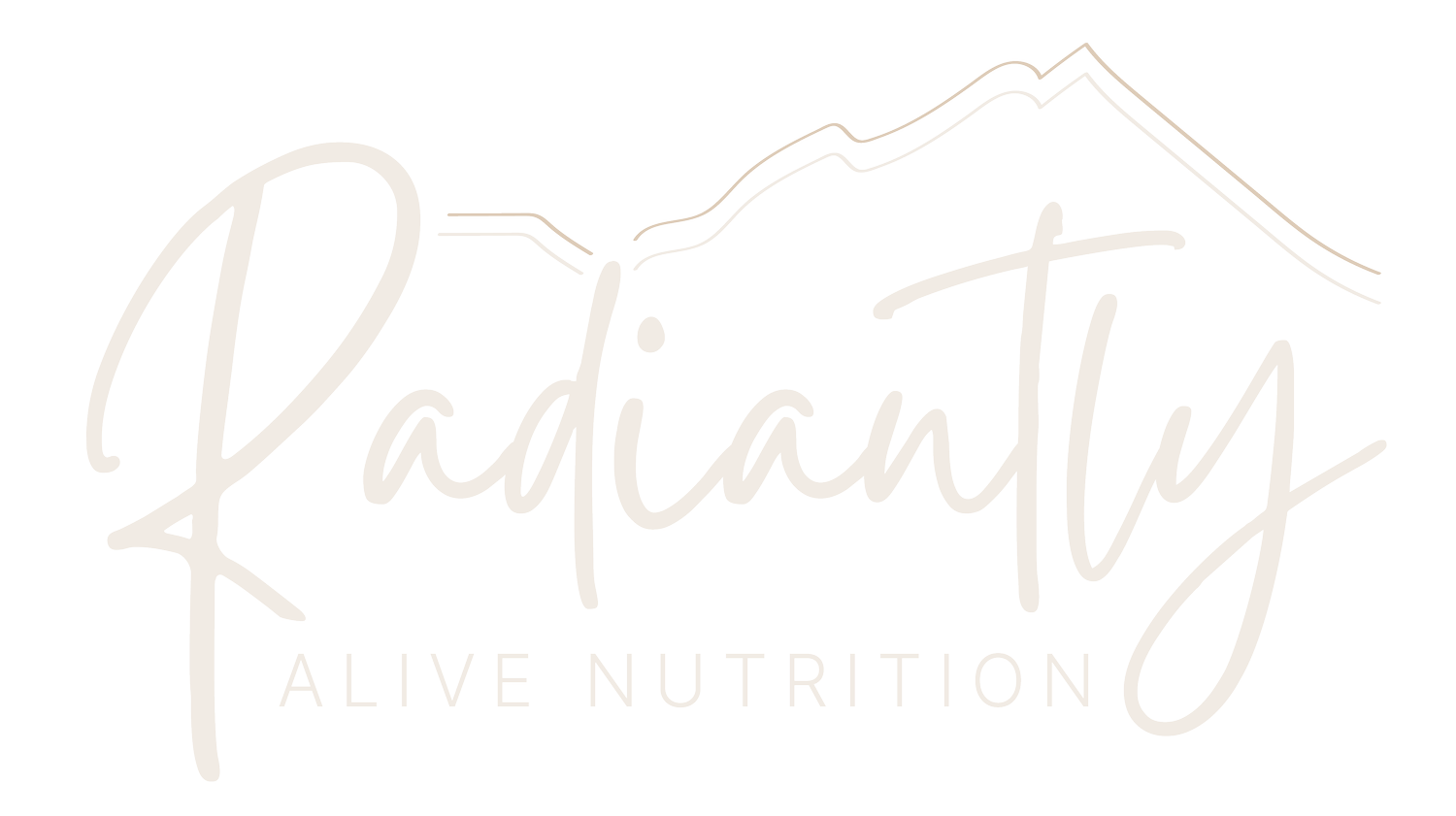6 Ways to Naturally Balance Your Hormones
Hormones are a crucial part of our body's internal workings, and they play a vital role in our overall health and well-being. However, when a woman's hormones become imbalanced, it can lead to a range of symptoms, including irregular periods, mood swings, fatigue, weight gain, and more. Fortunately, there are several natural ways to balance hormones and restore a woman's health and vitality. Let's explore some of the most effective strategies for naturally balancing your hormones!
Here are 6 ways to naturally balance your hormones:
1. Eat a Balanced Diet:
Diet plays a crucial role in hormone balance for women and men. A balanced diet that includes plenty of whole foods, healthy fats, and high-quality proteins can help regulate hormones. Some of the best hormone-balancing foods include:
Leafy greens
Cruciferous vegetables
Avocados
Wild-caught fish
Nuts and seeds
2. Manage Stress:
Stress can cause hormonal imbalances in women. When we're under stress, our bodies release cortisol, a hormone that can disrupt other hormones' balance. To reduce stress, try incorporating relaxation techniques like meditation, yoga, or deep breathing into your daily routine.
3. Exercise Regularly:
Regular exercise is another essential factor in hormone balance. Exercise can help regulate hormones by reducing insulin resistance, improving insulin sensitivity, and reducing inflammation. Aim for at least 30 minutes of moderate-intensity exercise each day, such as brisk walking or cycling.
4. Get Enough Sleep:
Sleep is crucial for natural hormone balance. Lack of sleep can disrupt the body's production of hormones like estrogen and progesterone. Aim for at least seven hours of sleep per night to ensure your hormones have time to reset and recharge.
5. Consider Herbal Remedies:
Herbal remedies can also help balance hormones in women. Some of the most effective herbs include:
Maca root - an adaptogen that is believed to help balance hormones by supporting the endocrine system. It is said to have a positive effect on the pituitary gland, which is responsible for regulating the production of many hormones in the body, including estrogen and progesterone. Some studies have also suggested that maca root may help alleviate symptoms of PMS and menopause
Ashwagandha - another adaptogen that is believed to help balance hormones by reducing stress and anxiety levels in the body. It has been shown to have a positive effect on the hypothalamus-pituitary-adrenal (HPA) axis, which regulates the production of many hormones in the body, including cortisol (the stress hormone). By reducing stress levels, ashwagandha may help to balance hormones and alleviate symptoms of hormonal imbalances such as irregular periods, acne, and mood swings
Dong Quai - an herb that has been used in Traditional Chinese Medicine for centuries to help balance hormones and alleviate menstrual cramps. It is believed to help regulate estrogen levels in the body by acting as a mild estrogenic agent. Dong Quai may also help to stimulate blood flow to the pelvic area, which can help to alleviate menstrual cramps
Black Cohosh - an herb that is commonly used to help alleviate symptoms of menopause, including hot flashes, night sweats, and mood swings. It is believed to work by mimicking the effects of estrogen in the body, although the exact mechanism of action is not yet fully understood. Some studies have suggested that black cohosh may be as effective as hormone replacement therapy (HRT) for alleviating menopause symptoms
6. Avoid Environmental Toxins:
Environmental toxins like pesticides, pollution, and chemicals in household products can disrupt hormonal balance by mimicking or interfering with hormones in the body.
To reduce your exposure to these toxins, try to eat organic foods when possible, avoid plastic food containers and water bottles, and use natural household cleaners and personal care products.
In conclusion, improving hormonal imbalances can be achieved through simple lifestyle changes. By eating a balanced diet, exercising regularly, getting enough sleep, managing stress, and avoiding environmental toxins, you can support hormonal health and promote overall well-being. Remember to consult with your healthcare provider if you have specific concerns about your hormonal health.
Contact me to learn how to balance hormones and improve your symptoms today!

